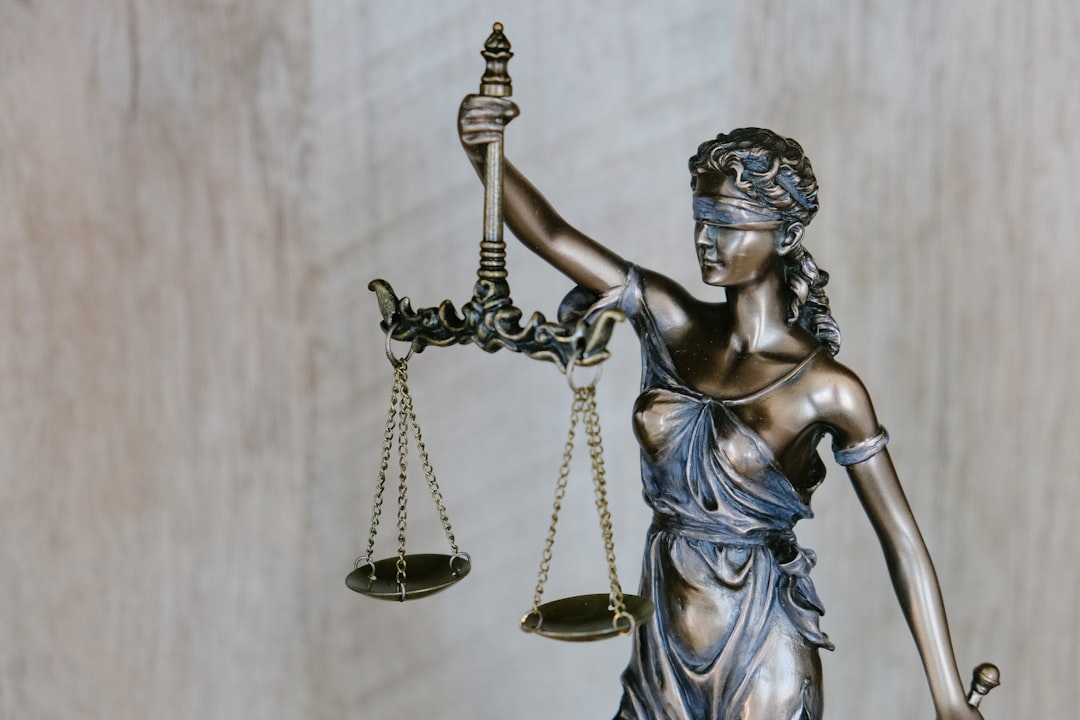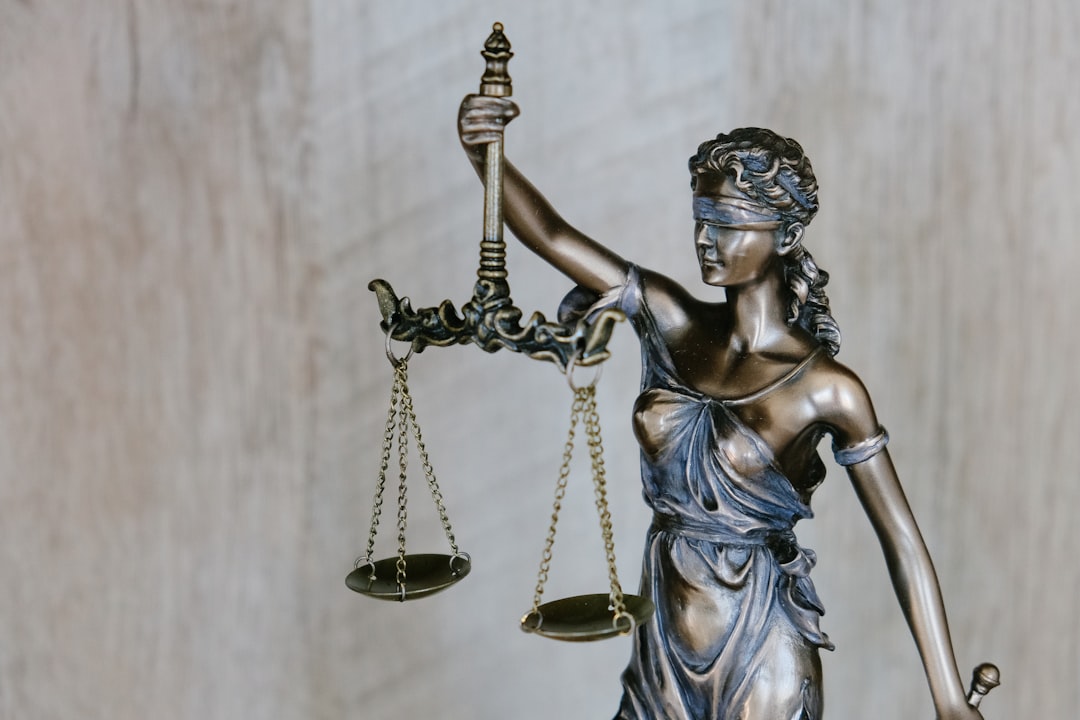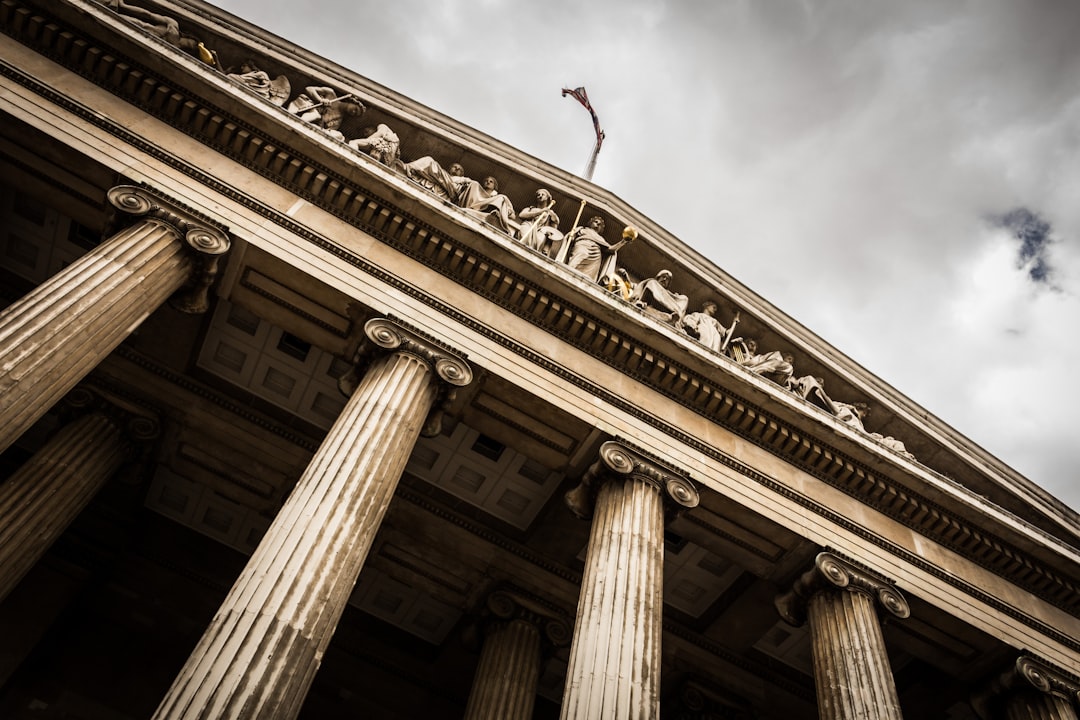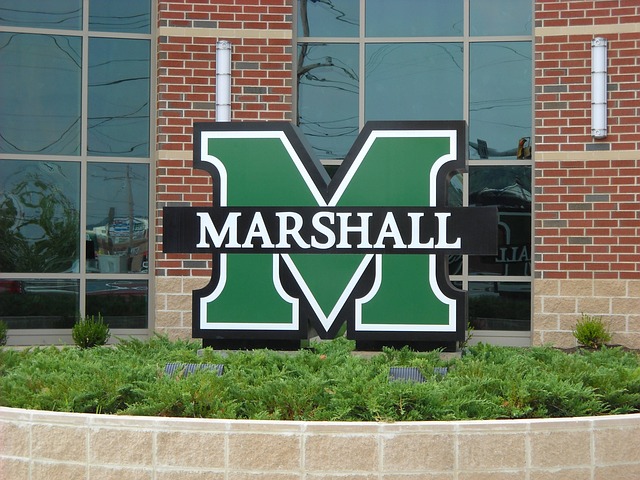In West Virginia, robocalls are regulated by the Telephone Consumer Protection Act (TCPA). To combat unwanted automated telemarketing, individuals can document calls, consult with a robocall attorney in West Virginia, and verify business legitimacy. In Clarksburg, residents should check business licenses and be wary of vague claims or urgent demands from unknown callers. Consulting a robocall attorney in West Virginia provides legal protection and guidance against excessive robocalls.
In the digital age, cold calls have evolved, often disguised as robocalls, leaving many residents in Clarksburg questioning their legitimacy. With potential scams on the rise, it’s crucial to discern genuine businesses from fraudulent entities. This article guides you through identifying legitimate businesses during cold calls, covering legal implications of robocalls in West Virginia, common signs of scams, and steps to verify business credentials. Learn how a robocall attorney can protect your rights and navigate this complex landscape.
Understanding Robocalls and Their Legal Implications in West Virginia

In today’s digital age, cold calls often come in the form of automated messages known as robocalls. While many legitimate businesses use this technology to reach potential clients, West Virginia law regulates how these calls are conducted to protect consumers from unwanted and deceptive practices. A robocall attorney in West Virginia can help you understand your rights and the legal implications surrounding these automated calls.
In West Virginia, the Telephone Consumer Protection Act (TCPA) restricts the use of robocalls for certain purposes, such as marketing or advertising, without prior explicit consent. Violations of this law can result in significant financial penalties for businesses. If you receive a robocall and suspect it’s illegal, documenting the call—including the caller’s number, message, and time—can be crucial in identifying potential TCPA violations. Consulting with a robocall attorney West Virginia can provide guidance on how to proceed if you believe your rights have been infringed upon by automated telemarketing calls.
Common Signs of Legitimate Businesses vs. Scams During Cold Calls

When receiving cold calls, it’s crucial to discern between genuine business prospects and potential scams. Many legitimate businesses will identify themselves clearly, providing detailed information about their products or services. They often have a professional tone, speak clearly, and use proper grammar. Legitimate companies usually conduct business in a transparent manner, offering you the chance to ask questions and receive straightforward answers.
In contrast, robocall attorneys targeting West Virginia residents often employ deceptive tactics. Scams may involve pressure tactics, vague or misleading statements about legal services, and an urgent need for immediate action. They might also use generic greetings or fail to provide specific details about their offerings. Be wary of calls claiming to represent government agencies or offering free consultations with hidden costs. Remember, a genuine business will respect your decision if you choose not to engage, while scams often aim to manipulate and pressure you into making hasty decisions.
Verifying Business Credentials and Licensing in Clarksburg

When receiving cold calls, especially from unknown sources like robocalls, it’s crucial to verify the legitimacy of the business before engaging. In Clarksburg, West Virginia, businesses must be properly licensed and registered with the appropriate local and state authorities. You can start by checking the West Virginia Secretary of State’s website for business entity search tools that allow you to confirm a company’s registration status. Additionally, contacting the Clarksburg Chamber of Commerce or local business licensing department can provide insights into legitimate operations in the area.
If a business claims to be licensed but you’re still uncertain, don’t hesitate to ask for specific details about their credentials. Reputable companies will readily share their licenses, permits, and any relevant professional certifications. If they refuse or seem evasive, it’s a strong indicator that something is amiss. Always remember, legitimate businesses respect your right to verify their information before proceeding with any transaction or service agreement.
The Role of an Attorney: Protecting Your Rights from Unwanted Calls

In the face of unwanted cold calls, having legal protection is invaluable. If you’re experiencing a surge of robocalls in Clarksburg, West Virginia, knowing your rights and available resources can make all the difference. An experienced robocall attorney can offer guidance on how to navigate these frustrating interactions. They can educate you on laws designed to curb excessive or aggressive telemarketing practices, ensuring that legitimate businesses respect your boundaries.
In many cases, a simple consultation with an attorney can deter further unwanted calls. Legal action is often a last resort, but it’s a powerful tool at your disposal. By understanding your rights and having a legal advocate on your side, you can confidently identify genuine business opportunities while shielding yourself from fraudulent or intrusive cold calls.






